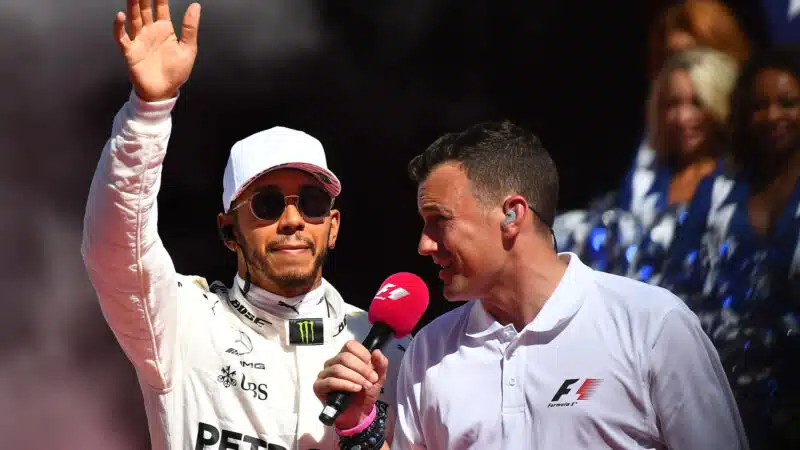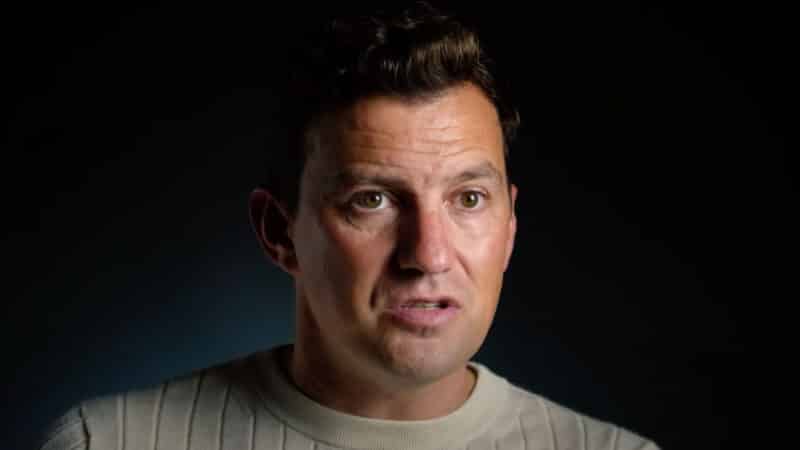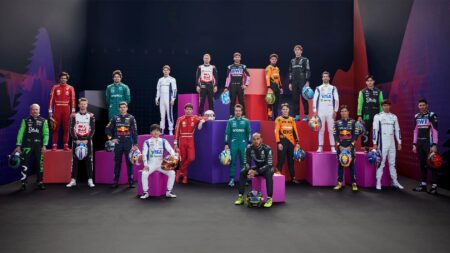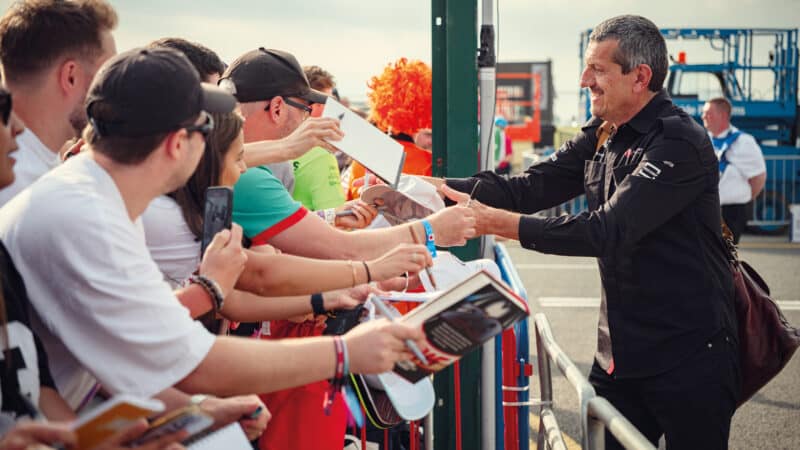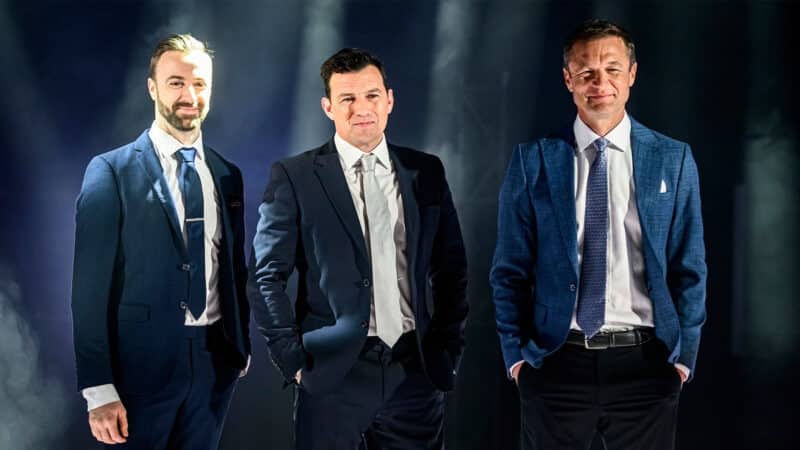“The fact that almost every other major sport on earth has tried to do something similar, and the fact that within broadcasting, the sports documentary is no longer known as a sports documentary – people turned around and said, we need to do ‘Drive to survive’ [shows its effect],” says Buxton.
“It became the byword for a personality-driven documentary series that didn’t just pull down to the nuts and bolts of how the was championship won, but [showed] who are the people that we should care about – and I think that’s been incredibly impactful.”
Drive to Survive’s initial early progress was a slow burner. F1 wasn’t basking in the limelight it is now, and it initially took time to build up its audience.
Then, the perfect storm formulated which allowed DtS – and so F1 too – to have lift-off and then some.
“I think the sport and the series had the incredibly fortuitous combination of events around Covid 19, where people were stuck at home and had nothing to do, and found this series,” says Buxton.
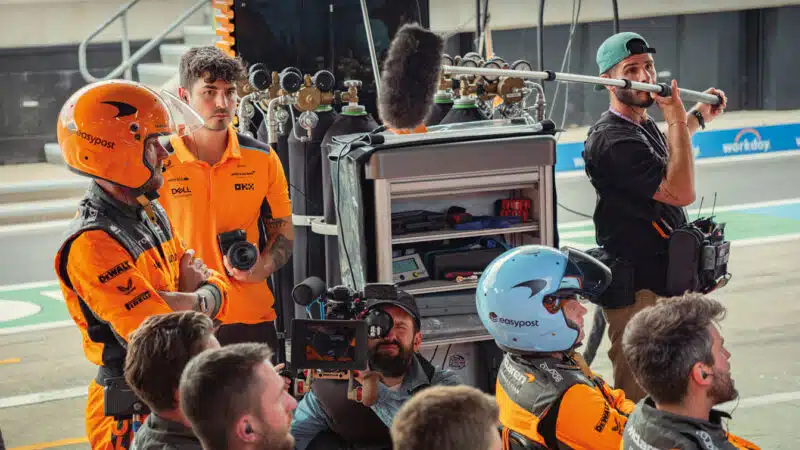
McLaren under surveillance
Dan Vojtech/Netflix
“At the same time, the stakeholders involved in F1 had somehow managed to piece together a 17-race calendar for that first year.
“So people were watching the series and could then tune into the races, because it was one of the only major sports in the world that was actually happening at that moment.
“The sheer amount of work that went on behind the scenes in order to ensure that calendar season took place lead to the huge rise of F1 globally, particularly in the US.”
When the following 2021 season proved to be a blockbuster showdown between Lewis Hamilton and Max Verstappen, the results for F1 were spectacular – everyone was talking about it, and everyone was watching Drive to Survive.
